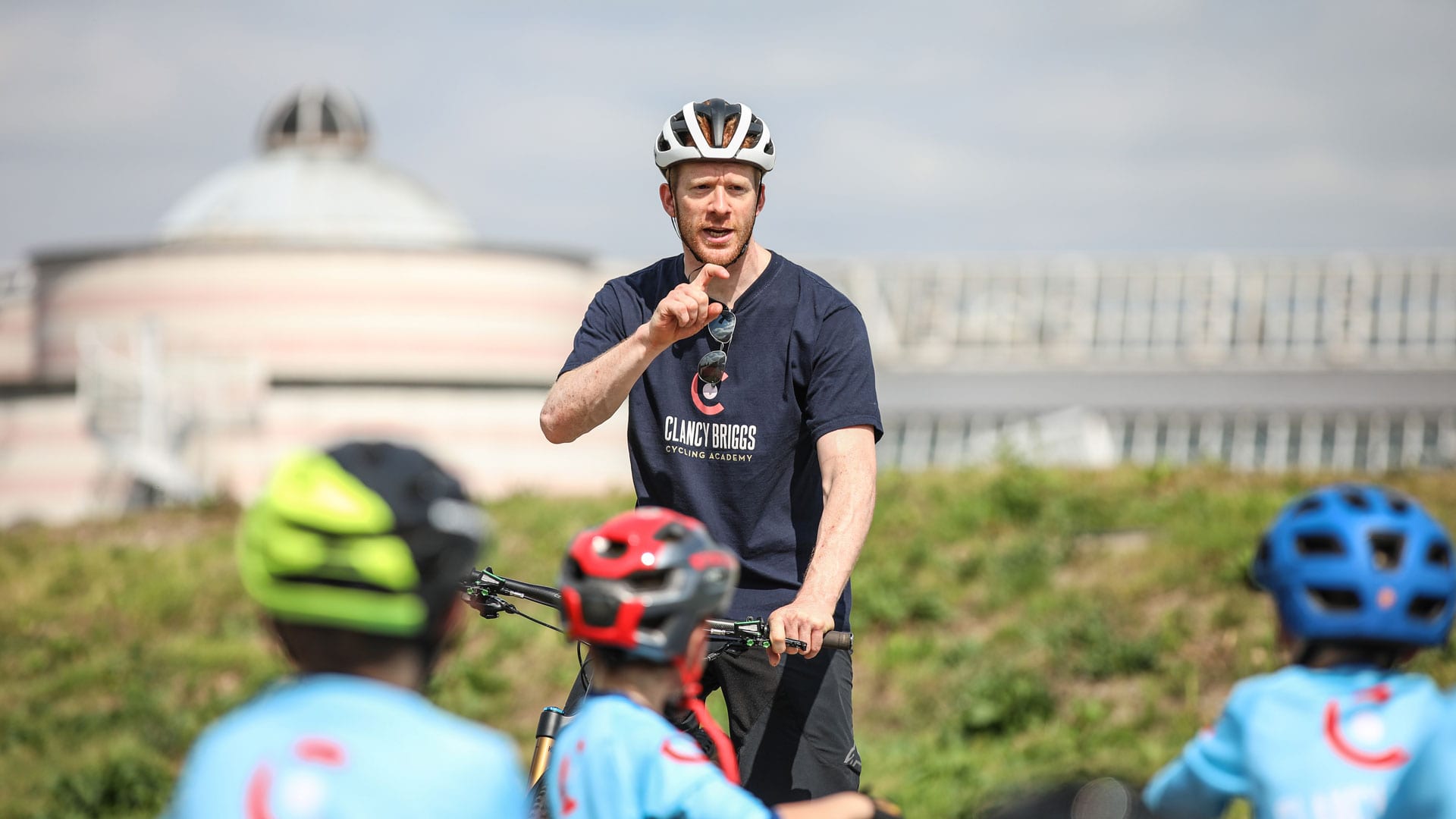COVID-19: Is misinformation the more deadly virus?
| By Ayer Mehmet | 0 Comments

This year started off as a tale of two halves; while England continues to be firmly in the grip of Lockdown 3.0, positive updates about the COVID-19 vaccine roll-out have helped boost spirits across the nation.
We now know the UK government plans to offer a first dose of COVID-19 vaccine to every adult by September, at a rate of 140 jabs per minute. But while we have among the highest vaccination rates per head of population in the world – and 80 per cent of Brits willing to take the vaccine, the second highest country behind Thailand – there are other important factors that could impact the success or otherwise of our COVID-19 recovery.
Misinformation among some communities around the safety and efficacy of vaccines – often a result of historical unethical practices and wider discrimination – puts vaccine take-up at risk. Recent research among Black, Asian and Minority Ethnic communities from the Scientific Advisory Group for Emergencies (Sage) suggests that almost three quarters (72%) of black people are unlikely to have the vaccine. Whether it’s believing that the vaccine contains pork or is non-halal, or that it causes infertility, there are many myths that will need to be debunked to reassure these communities and encourage greater take-up.
This isn’t just a COVID-19 issue – blood donation schemes have consistently faced shortages from BAME and mixed heritage communities, leading to an injection of Government funding to enable grassroots community engagement to encourage donations.
This hesitancy towards vaccines could have dire consequences for those communities already hit hard by the pandemic. With black people almost twice at risk of death from COVID-19 than white people, more must be done to protect all groups at risk.
Communications undoubtedly has an essential role to play in addressing these challenges. Working with influential voices or community or religious leaders who already have the ear of their communities is recognised as an effective way to build trust. This is especially important when ensuring strong take-up from frontline workers from BAME communities. Just as PPE was and remains vital to protect our healthcare workforce from contracting the virus, the vaccine provides a similarly vital tool in our armoury.
Translating public health materials into different languages is not enough on its own. Messaging needs to take into account cultural nuances, and communities need to be able to find it and have trust in it; whether that’s in their local newspaper, on the radio, through digital channels or at their local community or religious centre. BBC Asian Network has done this particularly well, with their COVID-19 advice videos presented by South Asian journalists and health professionals to help disseminate information achieving millions of views.
While the UK faces its own challenges, tackling misinformation and vaccine scepticism is a global responsibility in the fight against COVID-19. As an example, our client Speak Up Africa, a Senegal-based advocacy tank, is paving the way on the continent with their new initiative that aims to amplify credible African scientist voices in the media, provide factual commentary on public health issues, and champion African-led research and development.
As we look to the coming months, we must learn the lessons from the pandemic and use smart communications and engagement techniques to help tackle these inequalities. It’s a matter of life and death.
By Lauren Garnet, Account Director in Grayling’s UK Healthcare team
